 Next month on July 25th Bournemouth University will join in with the world-wide celebrations of World Drowning Prevention Day 2025. The first achievement to highlight is Dr. Jill Nash interesting piece recently published in The Conversation, in which she highlights Five ways to keep teenagers safe by the water [1]. It is also worthwhile to read last year’s contribution to World Drowning Prevention Day by Jill on the dangers of being near water and the role emotions play in making safer decisions [2].
Next month on July 25th Bournemouth University will join in with the world-wide celebrations of World Drowning Prevention Day 2025. The first achievement to highlight is Dr. Jill Nash interesting piece recently published in The Conversation, in which she highlights Five ways to keep teenagers safe by the water [1]. It is also worthwhile to read last year’s contribution to World Drowning Prevention Day by Jill on the dangers of being near water and the role emotions play in making safer decisions [2].
 The second major piece of research related to drowning prevention at Bournemouth University is the Sonamoni Project. The Sonamoni Project is working with communities in rural Bangladesh utilizing human-centered design (HCD) techniques. The research project is identifying solutions to reduce the number of drowning deaths in newly mobile children (6-24 months), developing prototype, and assessing the acceptability and usability of potential interventions.
The second major piece of research related to drowning prevention at Bournemouth University is the Sonamoni Project. The Sonamoni Project is working with communities in rural Bangladesh utilizing human-centered design (HCD) techniques. The research project is identifying solutions to reduce the number of drowning deaths in newly mobile children (6-24 months), developing prototype, and assessing the acceptability and usability of potential interventions.  Sonamoni is coordinated by Bournemouth University in collaboration with the University of the West of England (Bristol), the University of Southampton, and the Royal National Lifeboat Institution (RNLI), Design Without Border (DWB) in Uganda and Centre for Injury Prevention and Research, Bangladesh (CIPRB). The interdisciplinary team at Bournemouth University covers three faculties and six academics: Dr. Mavis Bengtsson, Dr. Kyungjoo Cha, Dr. Mehdi Chowdhury, Dr. Yong Hun Lim, Mr. John Powell, and Prof. Edwin van Teijlingen.
Sonamoni is coordinated by Bournemouth University in collaboration with the University of the West of England (Bristol), the University of Southampton, and the Royal National Lifeboat Institution (RNLI), Design Without Border (DWB) in Uganda and Centre for Injury Prevention and Research, Bangladesh (CIPRB). The interdisciplinary team at Bournemouth University covers three faculties and six academics: Dr. Mavis Bengtsson, Dr. Kyungjoo Cha, Dr. Mehdi Chowdhury, Dr. Yong Hun Lim, Mr. John Powell, and Prof. Edwin van Teijlingen.
This international project funded by the National Institute for Health and Care Research (NIHR) through its Research and Innovation for Global Health Transformation programme, also includes a BU-based PhD student, Mr. Md. Shafkat Hossein. He recently published the first article related to drowning prevention in Nepal [3].

References:
- Nash, J. (2025) Five ways to keep teenagers safe by the water, The Conversation June 20th.
- Nash, J. (2024) Why so many people drown at the water’s edge The Conversation July 25th.
- Hossain, M. S., Pant, P. R., van Teijlingen, E., Sedain, B., & Rahman, A. (2024). Drowning Prevention should be a Public Health Issue in Nepal. International Journal of Social Sciences and Management, 11(4): 83–87.




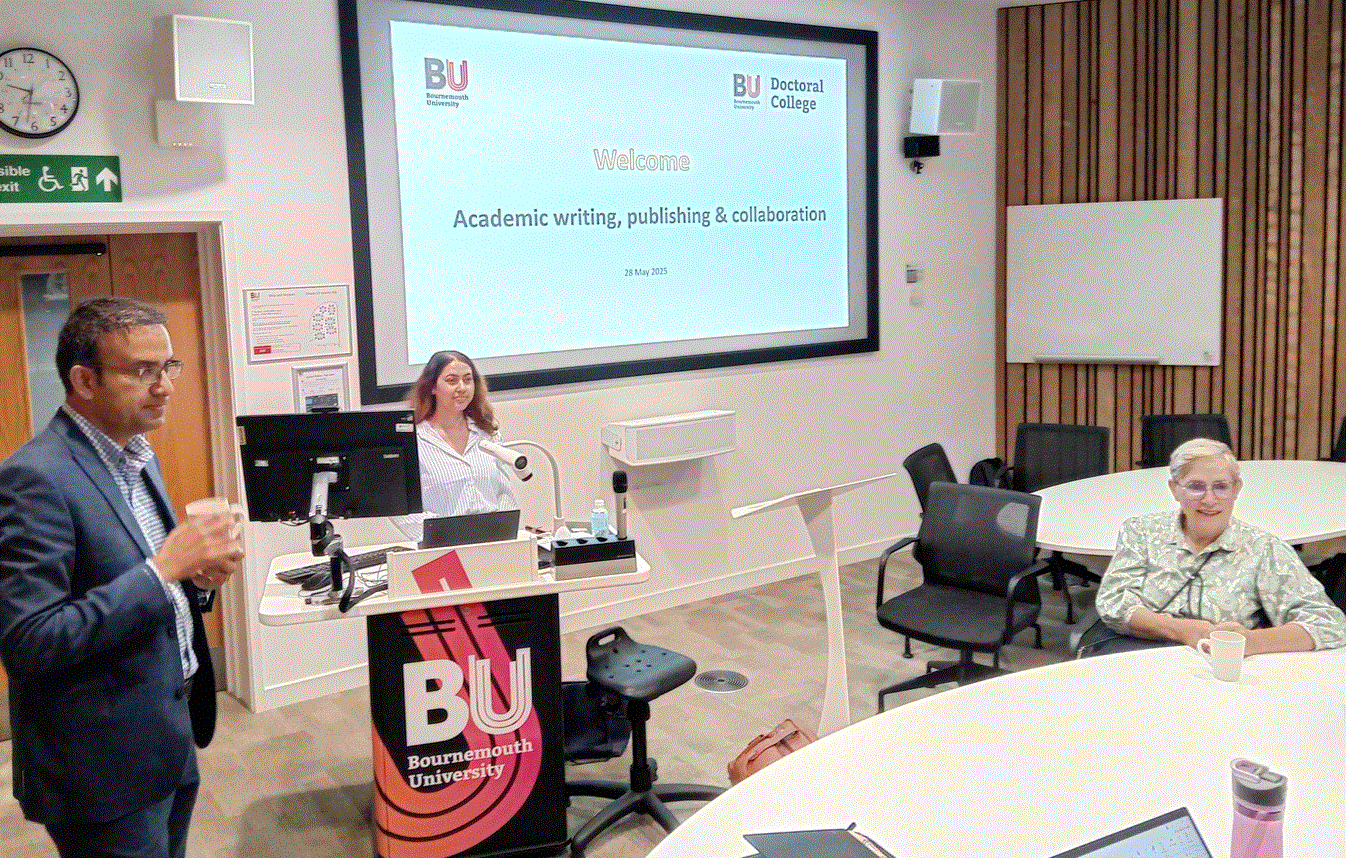

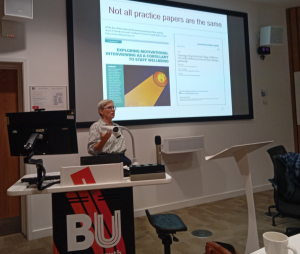





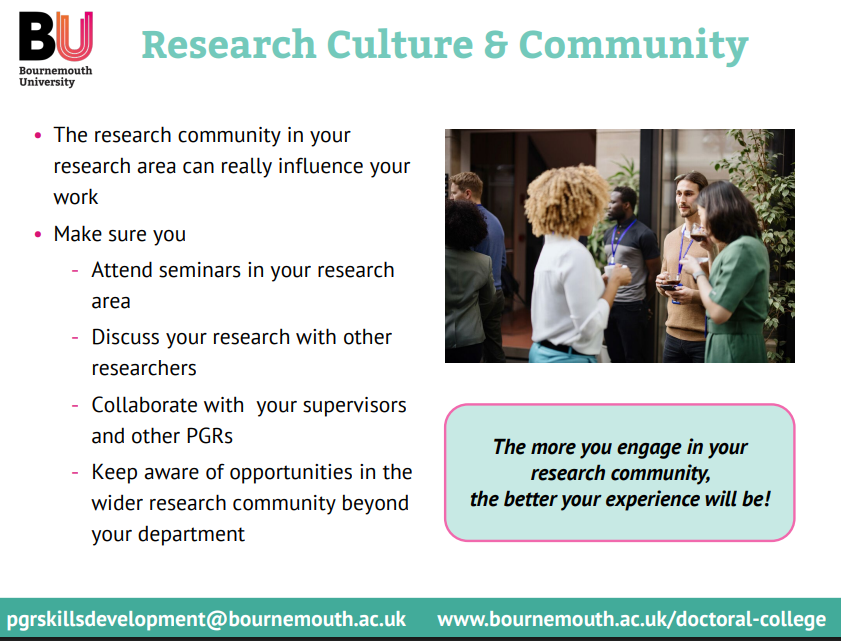

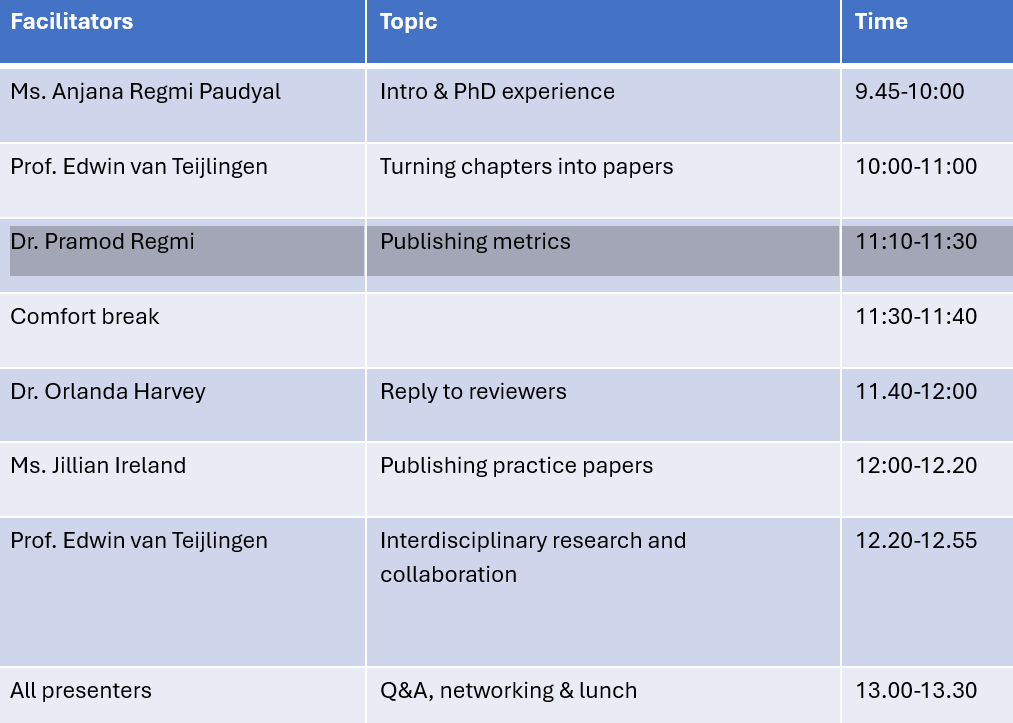
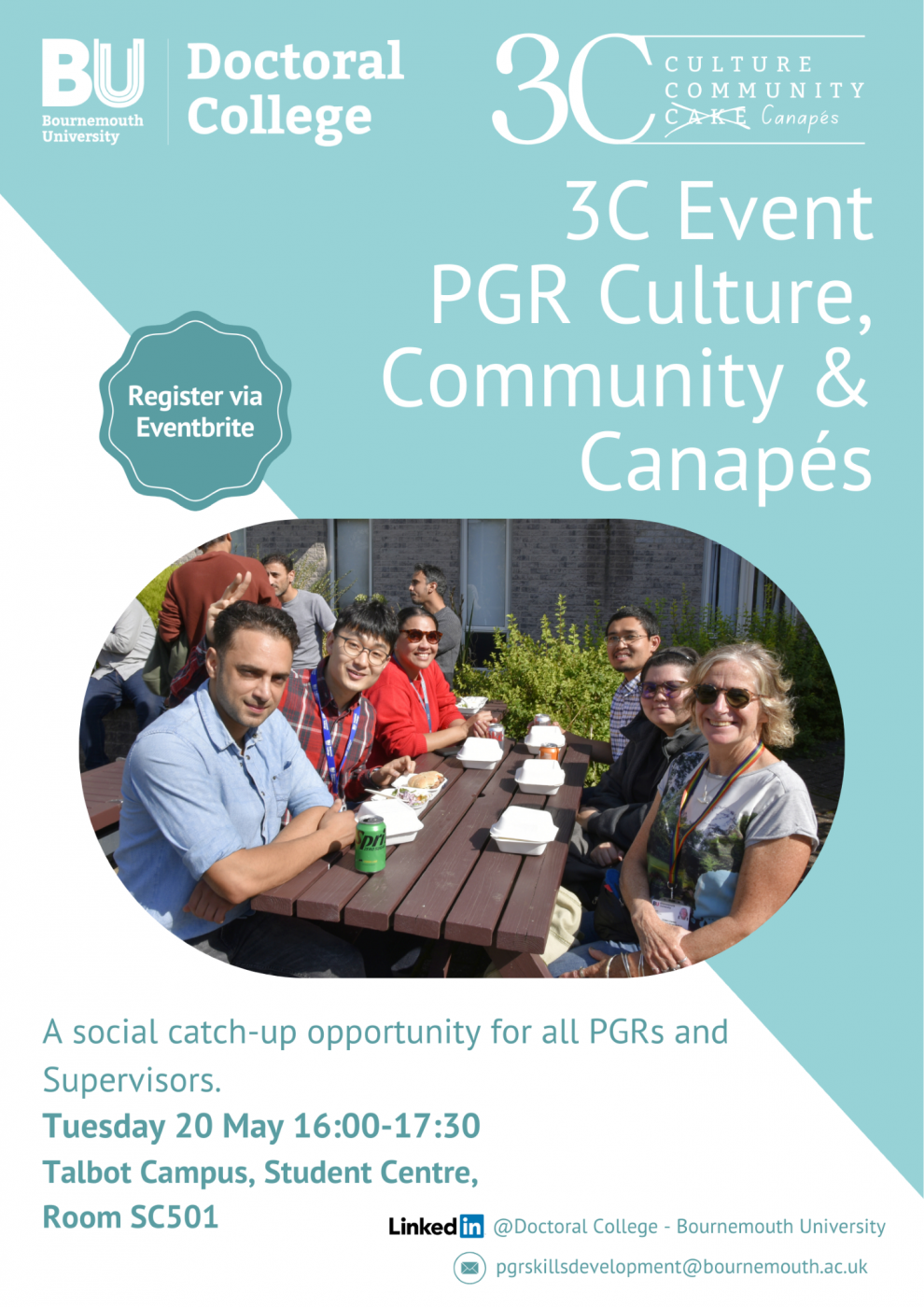



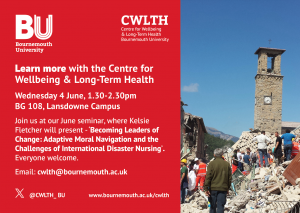
















 Dr. Ashraf cited on ‘Modest Fashion’ in The Guardian
Dr. Ashraf cited on ‘Modest Fashion’ in The Guardian NIHR-funded research launches website
NIHR-funded research launches website Academics write for newspaper in Nepal
Academics write for newspaper in Nepal New paper published on disability in women & girls
New paper published on disability in women & girls MSCA Postdoctoral Fellowships 2025 Call
MSCA Postdoctoral Fellowships 2025 Call ERC Advanced Grant 2025 Webinar
ERC Advanced Grant 2025 Webinar Horizon Europe Work Programme 2025 Published
Horizon Europe Work Programme 2025 Published Horizon Europe 2025 Work Programme pre-Published
Horizon Europe 2025 Work Programme pre-Published Update on UKRO services
Update on UKRO services European research project exploring use of ‘virtual twins’ to better manage metabolic associated fatty liver disease
European research project exploring use of ‘virtual twins’ to better manage metabolic associated fatty liver disease